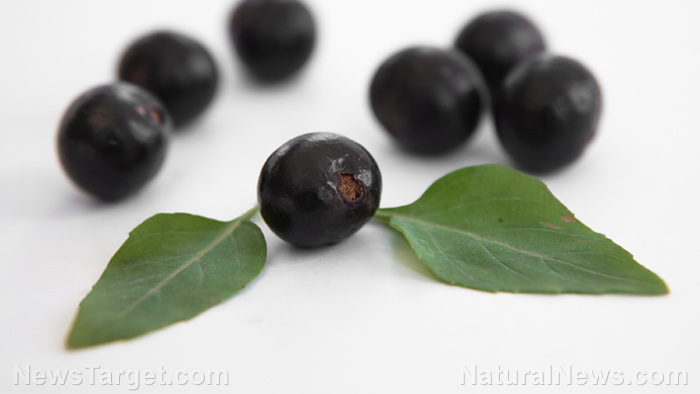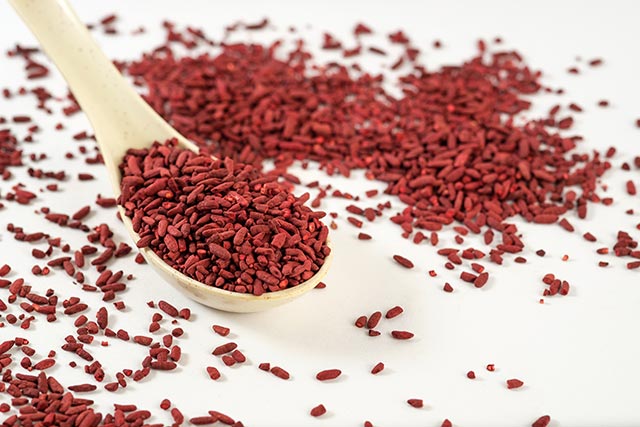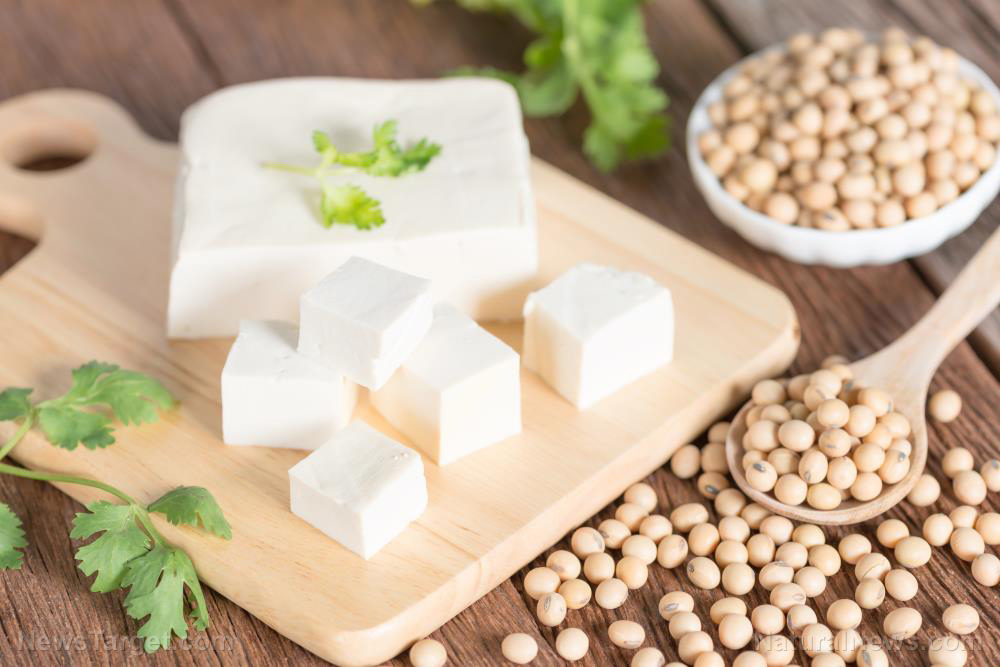5 Health benefits of acai berry that make it a real superfood
11/27/2019 / By Darnel Fernandez

While they may look like a cross between blueberries and grapes, acai berries are technically not berries — they’re drupes. Drupes are fruits that have a central pit rather than a bunch of tiny seeds surrounded by fruit flesh. Other fruits under this classification include cherries, apricots, olives, peaches, and plums. Acai berries have grown in popularity globally over the years, with some people hailing them as a superfood. This is due to their high antioxidant content and a number of other health benefits, such as supporting heart health, improving digestion, and preventing skin aging.
Acai berries: nutrition and benefits
Acai berries are dark-purple berries that grow on the acai palm (Euterpe oleracea), a tree widely found in the Amazonian rainforests of South and Central America. The acai palm can reach 50 to 100 feet tall, with stems that can produce four to eight bunches of berries every year. Unfortunately, acai berries are rarely found fresh in your local grocery stores. This is because they’re not easy to transport and have a short shelf life. Acai berries also start to ferment within 48 hours of harvest, even when chilled in the refrigerator. (Related: Acai berries actually come from palm trees.)
Acai berries have a unique flavor profile, and some people may find them tart, not sweet. Others would say they taste like a combination of blackberries and dark chocolate. Acai berries also have a unique nutritional profile, being high in fat but low in sugar. Here’s what you can get from 100 grams of organic acai berry puree:
- Calories: 70 kilocalories
- Fat: 5.26 grams
- Sugars: 0
- Dietary fiber: 5.3 grams
- Carbohydrates: 5.26 grams
Acai berries also contain various trace minerals like zinc, iron, copper, magnesium, and potassium. These minerals, together with various antioxidant compounds, are responsible for acai berries’ many health benefits, some of which are listed below:
They have anti-cancer properties
Some foods can prevent cancer cells from developing or spreading. Acai berries contain pigments called anthocyanins that give them their deep purple color. These pigments are also potent antioxidants that can help neutralize the damaging effects of free radicals, preventing the development of diseases like diabetes, heart disease and cancer.
In a study published in the Journal of Agricultural Food Chemistry, researchers gave 12 healthy volunteers acai juice, acai pulp, applesauce and a non-antioxidant beverage at four different times. They then analyzed blood samples from the participants. The researchers found that acai pulp and applesauce significantly increased the participants’ blood antioxidant levels, suggesting that the antioxidants found in acai berries can be easily absorbed in the gut.
They keep your skin healthy
The antioxidants in acai berries support skin health by fighting off free radicals which could potentially damage your skin. Eating antioxidant-rich foods regularly is important for repairing skin cells as people are constantly exposed to free radical sources like pollution, stress and even poor nutrition.
They can support heart health
An animal study suggests that acai pulp could help improve heart health by reducing “bad” LDL and total cholesterol. This is mostly because of plant sterols — cholesterol-like compounds found in plants — that prevent the absorption of dietary cholesterol.
A study published in Nutrition Journal evaluated the effects of acai fruit pulp on overweight participants. The researchers fed 10 overweight adults 100 grams of acai pulp twice a day for one month. They observed that the participants had lower insulin levels and fasting blood sugar levels at the end of the study. They also found that eating acai pulp caused significant reductions in LDL cholesterol.
They aid in digestion
Acai berries contain antioxidants and dietary fiber, both of which are useful for promoting gut health. A study published in Food Chemistry examined the effects of acai berries on the human digestive tract. Researchers found that half of the polyphenols in acai berries are able to travel as far as the colon. This suggests that acai berries can confer prebiotic and DNA-protective benefits throughout the gastrointestinal tract.
They can protect your brain
Plant compounds like polyphenols have the potential to protect the brain from common brain diseases. Researchers from The University of Adelaide in Australia found that acai berry extract could protect brain cells from the harmful effects of beta-amyloids. The accumulation of these proteins in the brain is linked to the development of Alzheimer’s disease.
Thanks to the antioxidant content and nutrient profile of acai berries, they can provide a variety of health benefits that could improve your overall health. This makes acai berries worthy of their “superfood” title.
Sources include:
Tagged Under: acai berries, alternative medicine, anticancer, antioxidants, digestive health, food cures, food is medicine, functional food, heart disease, heart health, herbal medicine, Herbs, natural cures, natural medicine, Organic, phytonutrients, remedies, skincare
RECENT NEWS & ARTICLES
COPYRIGHT © 2017 NUTRIENTS NEWS



















